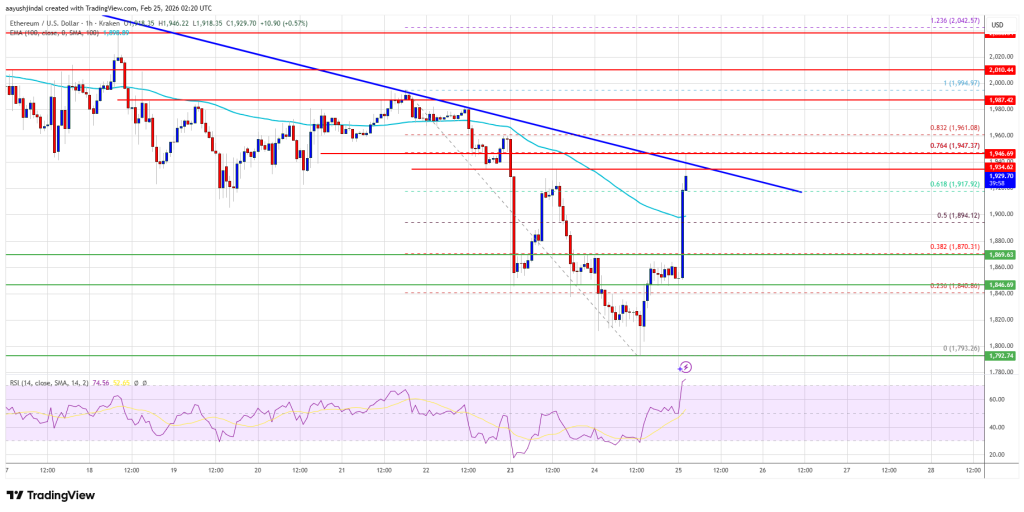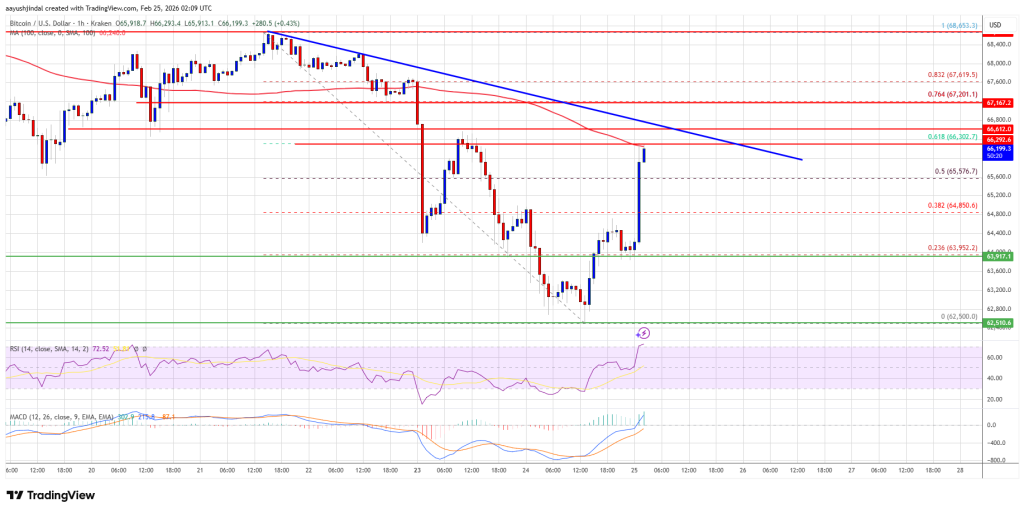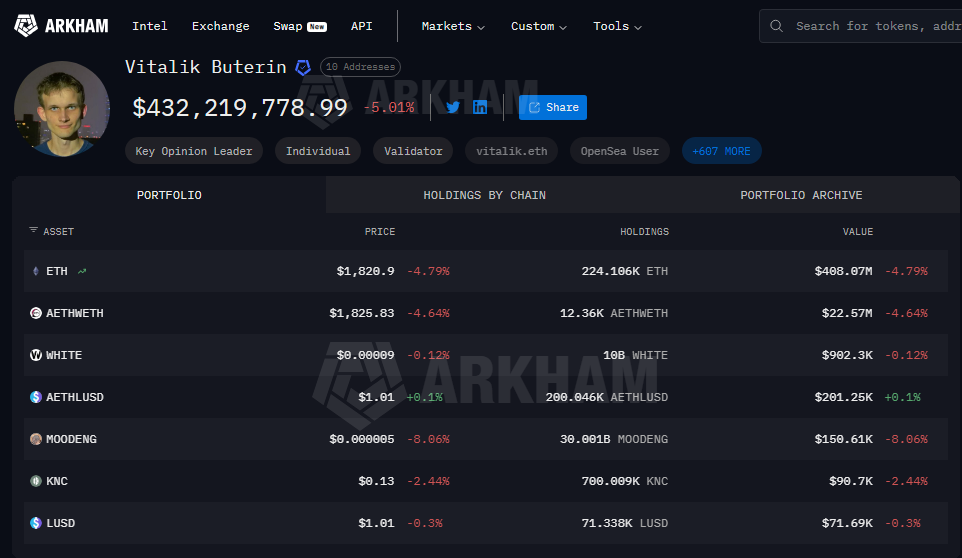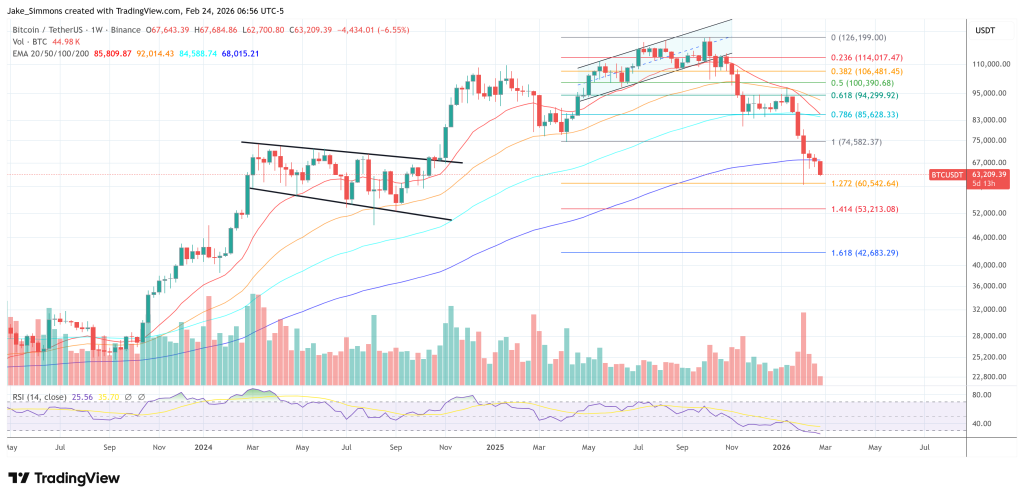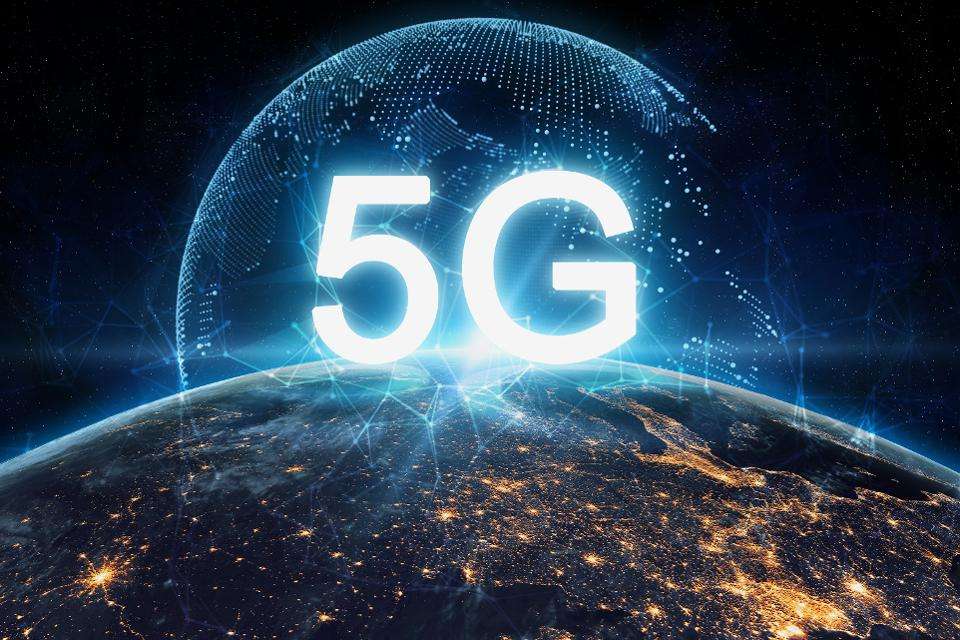
Blockchain Technology in the Backdrop of 5G and IoT Implementation
It has been exciting to speak about the growth of 5g, IoT and blockchain as autonomous technologies. Indeed, they are three robust technologies that will shape our future and the future of the digital world, which is set to be dominated by algorithms.
Therefore, it is impossible to speak about 5g, IoT and blockchain only from the perspective of how the initial two impact the latter. The reasons are that the three platforms are uniquely designed to work in tandem with each other without actually disrupting each individually. What outcome does a merger of the three emerging technologies hold?
Probably the largest technological wave affecting the world right now is the implementation of 5g, the latest and largest mobile network technology. Experts and laymen alike have been patiently waiting for this for a long time. While global 5g completions in predictable mode likely to be implemented by 2020, already, many companies have begun making their own arrangements. For example, Verizon lays claim to 5g implementations in several US cities, with the number set to increase substantially.
The implementation of 5g technology is unstoppable, at least on a basic level. If 4g long-term growth was great, 5g has greater prospects: The latest network technology can transmit data upstream at an astonishing rate of 10Gb per second compared to 4g’s 100Mb per second. It will make sure that the internet is faster with lower latency and better interconnection (capacity to connect more devices at a single instance).
These benefits put IoT devices at the frontline of beneficiaries of this new technology – like the smaller, low battery devices. Higher speed guarantees a faster transmission of data over networks. Also, 5g’s better interconnection which implies that more devices can be connected over an instant of time.
IoT
IoT technology enables concrete objects of daily life to be able to attach itself within the periphery of the internet to transfer data through algorithms and help their owners better. We are already witnessing a propagation of smart devices like TVs, furniture items, vacuum cleaners and so on.
Already, we see smart homes, which are dedicatedly operated by built-in algorithms. Estimates by the Fraunhofer Institute place the smart home savings at 40% from the perspective of heating expenses. It is a goal that is within the radar of households as well as industrial managers.
Concepts of smart cities are already being realized, in miniature models. Smart cities dream of cutting emissions and energy collaterals, estimated by McKinsey to optimize commute times through a possible 15-20% and emergency service turnaround time by 20-35% with the assistance of intelligent roads. As mentioned before, 5g would offer an avenue for these intelligent homes, smart cities and several other smart devices to bring out the actual potential.
Once there is a proper ground for smart devices, particularly the low-powered ones to succeed, then IoT would get a substantial boost. Since it would be more convenient to work these devices, there would be many more of them and even a large number of people are ready to adopt it. The world is becoming massively internet dependent. In fact, the UN from 2016 declared that having access to the internet is a basic human right.
However, while the wedding of 5g and IoT already assures to be a blessed one, there are still practical concerns especially with the domains of security and privacy. Blockchain chips in to remove these problems with its legacy of continuous ledgers with maximum security!
Image Credit: ADOBE STOCK

